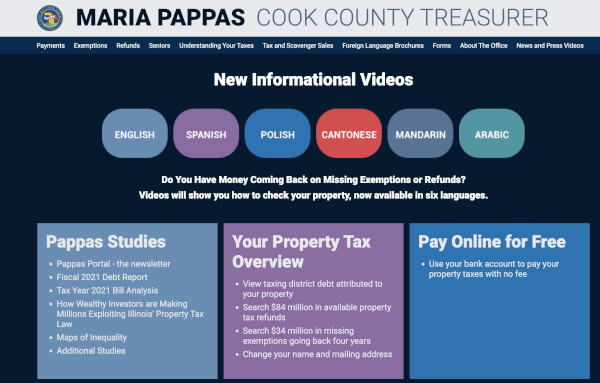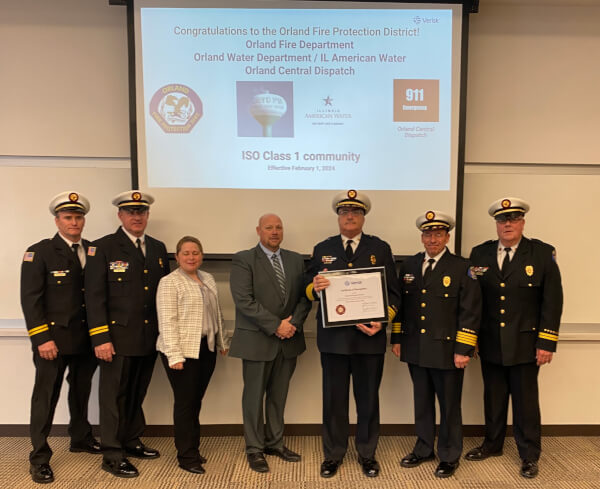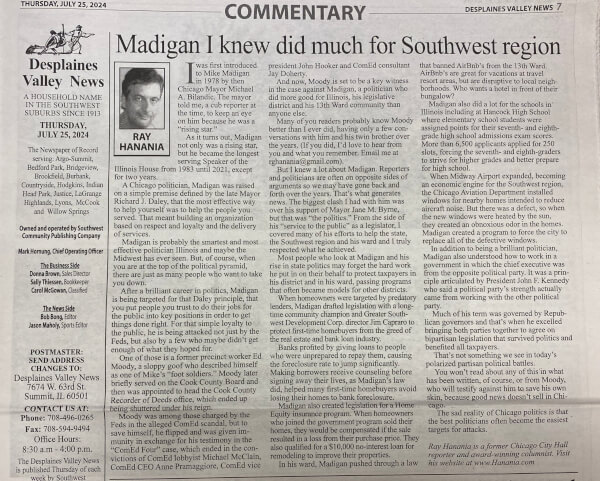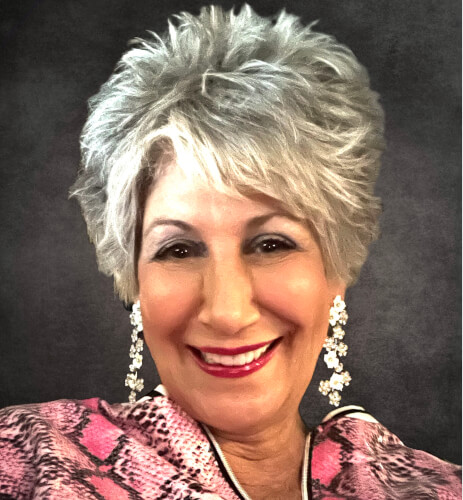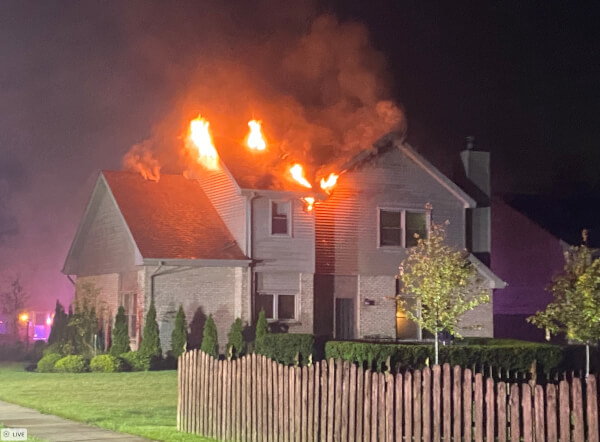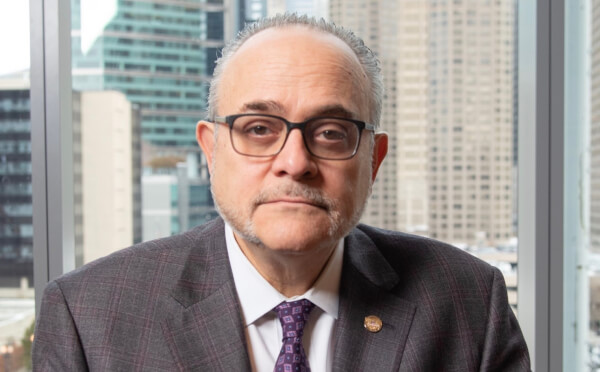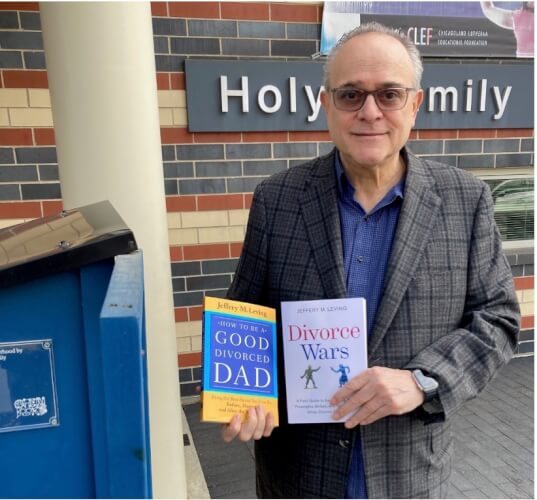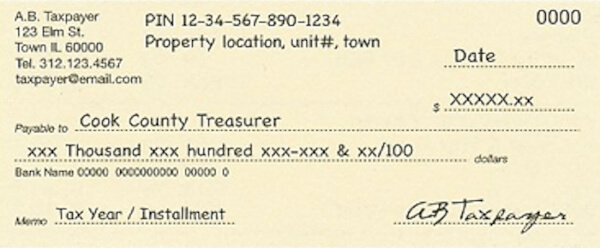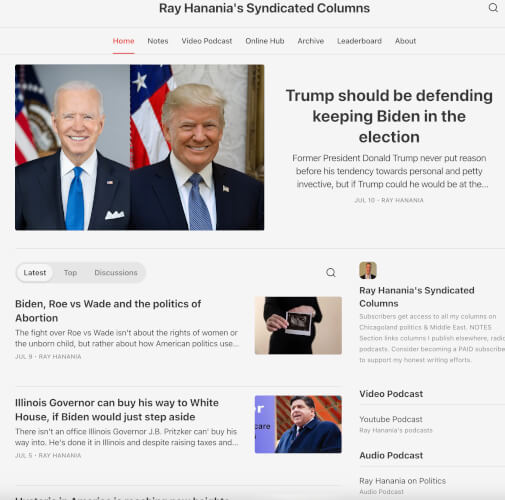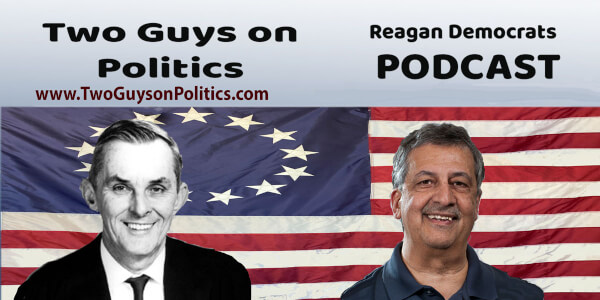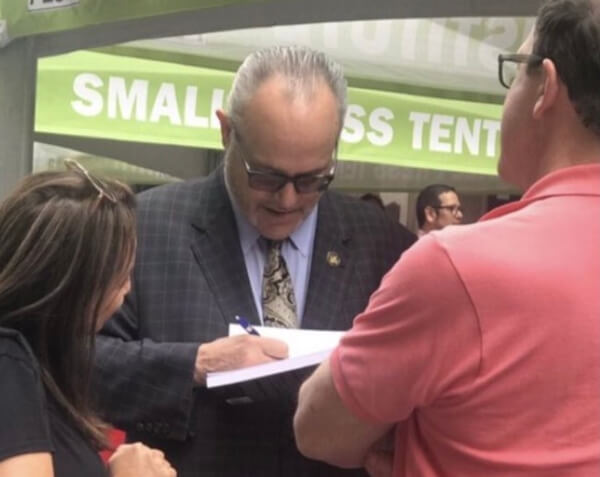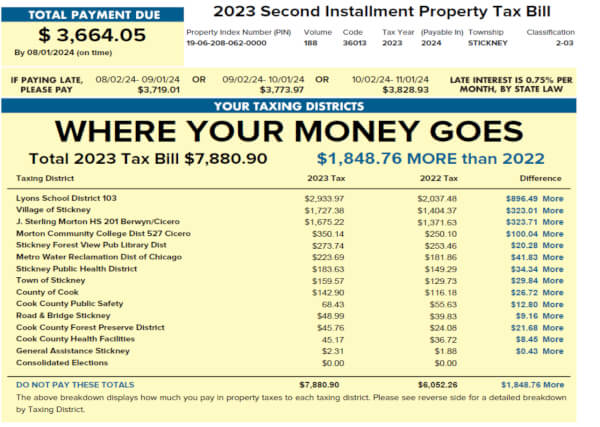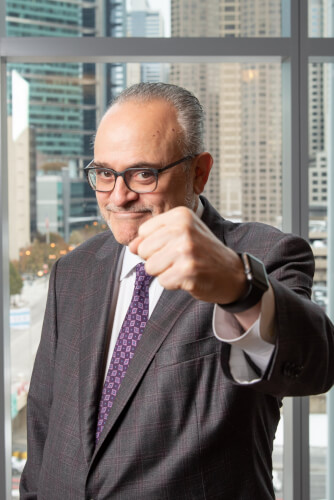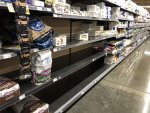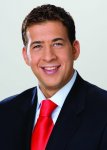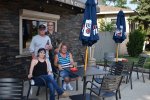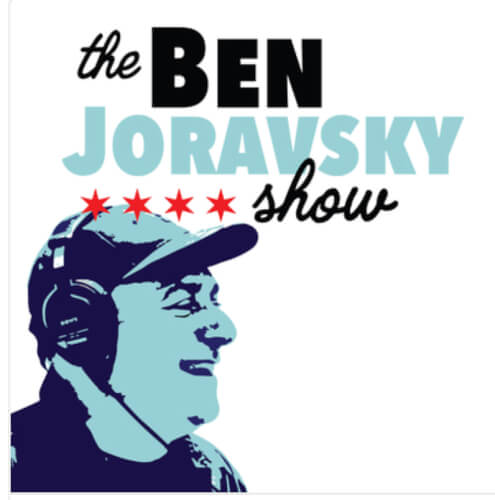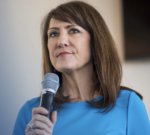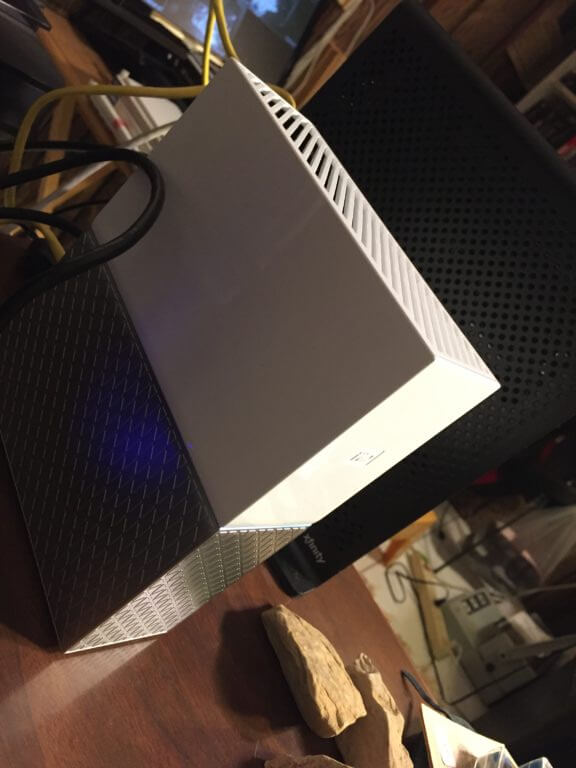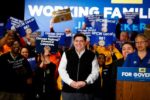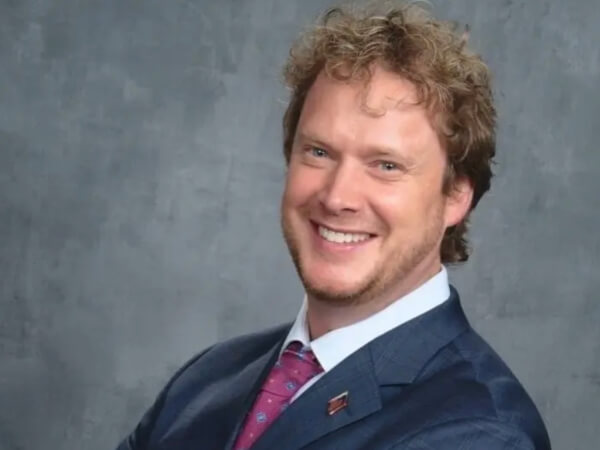Coronavirus, one year and too many deaths later
A look back at our new way of life, and the lives that have been lost to the Coronavirus COVID-19 pandemic, one year after it was formally recognized as a real threat to human life. Well, at least some people think it is a real threat. Others, mostly the young, just don’t care reflecting that same attitude about not wanting health insurance or worrying about the future. Old age is a long way off, they think
By Ray Hanania
One year ago at the height of America’s polarized political environment, President Donald Trump declared a national emergency recognizing the threat of the coronavirus, called COVID-19. The pandemic has since taken more than 527,000 lives with more than 29 million Americans infected, leading every nation in the world in both categories, according to Johns Hopkins University and Medical Center.
How our lives have changed!
I can’t imagine not wearing a face mask. Even when the pandemic subsides, maybe this Summer or Fall, I’ll still wear a face mask when I travel or when I am in situations with lots of people. There was a time when we would travel and would see people mainly from Asia wearing face masks all of the time making me wonder what were they afraid of? Now I get it.
COVID-19 has been deadly. Last year in March I lost one of my best friends, Jordanian Arab American journalist Mansour Tadros who reported to a local hospital on Tuesday March 24, 2020 after being sickened with the symptoms. The hospital sent him home. He was one of the first victims in Chicagoland and the country.
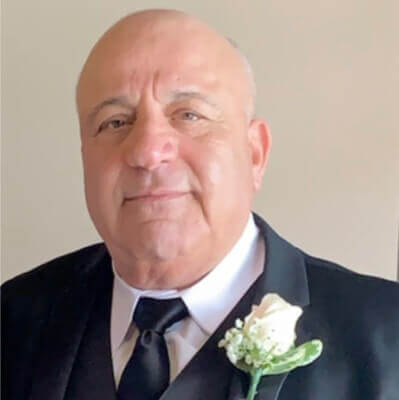
On Saturday, March 28, Tadros woke up with difficulty breathing. An ambulance was called. He was on his way back to the hospital in the ambulance when he died.
Tadros’ funeral was on Monday March 31 and he was buried at Holy Sepulchre cemetery in what has since become a standard funeral process. In the world of Coronavirus, there is no wake, only a brief moment for the family to spend with the deceased before the casket is loaded up into the funeral hearse. All those who wanted to see him off had to sit in their cars in the funeral home parking lot, wearing face masks, following the hearse as it made its way to the cemetery and passing his Tinley Park home.
Many others have died. I am not sure but I suspect that nearly half of all of American families know someone who has died. When more than 500,000 people die in a population of 328 million, that’s significant. That means that one person has died out of every 656 people.
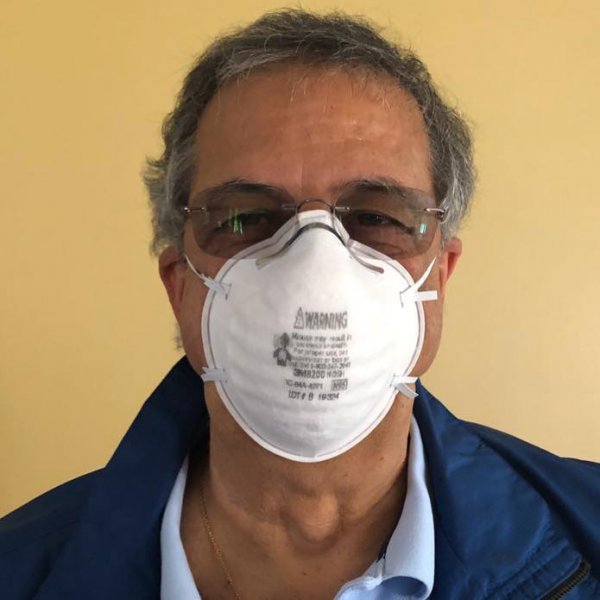
New words and phrases have become common in our new American vernacular. Face masks. Social distancing. Asymptomatic. Flattening the curve. Self-monitoring. Personal Protective Equipment. N95 face masks. Food and supply shortages. Zoom. Virtual meetings. Shelter-in-Place.
Old words and old phrases have taken on new importance. Hand wipes. Sanitizers. Cleaning. Washing your hands. Cleaning your offices. Fighting germs has become a priority.
The restrictions have impacted not only how we interact as Americans but also the businesses we took for granted. Restaurants, movie theaters and airlines have been hit the hardest. Retail stores have suffered the worst.
Part of the problem is the politics of the pandemic. Some people just don’t believe that caution should be taken and that wearing a face mask is a violation of their civil rights. I think death is a worse violation and that at worst, the face mask is a good commonsense precaution to take to prevent the spread of the COVID-19 virus.
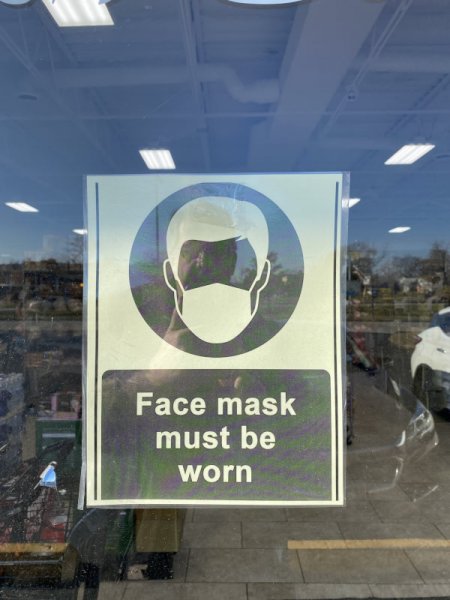
This is the worst pandemic since the “Spanish Flu” during World War I which really didn’t originate in Spain at all. It originated right here in America’s heartland and was spread by American soldiers throughout the war effort to countries around the globe. At the time, America and the Allies didn’t want to publicly acknowledge the pandemic fearing it might undermine the war effort.
Soldiers had to kill and in the process might be killed too. By a bullet or a virus, I guess.
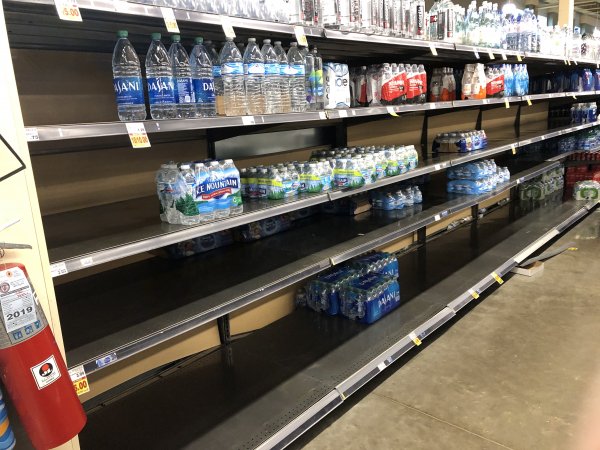
While the movie theaters are gasping for survival, online streaming services have been holding the public hostage with ransom-like financial demands. Every TV station now is spinning-off their own streaming service, in which you have to pay for. Many of the paid streaming services like Hulu, AmazonPrime, Apple TV and Netflix charge you to subscribe to their service and then charge you again to watch many of their premium offerings.
The home office has become the primary place for people to live and work. And while you might have thought the pandemic would create less work with all of the businesses closing or operating with severe restrictions, the truth is that people who work from home actually work far more. There are no working hours any longer. No more 9 to 5. We work 24 hours a day, seven days a week.
People are getting unhealthy and fat, too. People sit around watching TV programs and streaming movies five times more, on their couches with little exercise day in and day out.
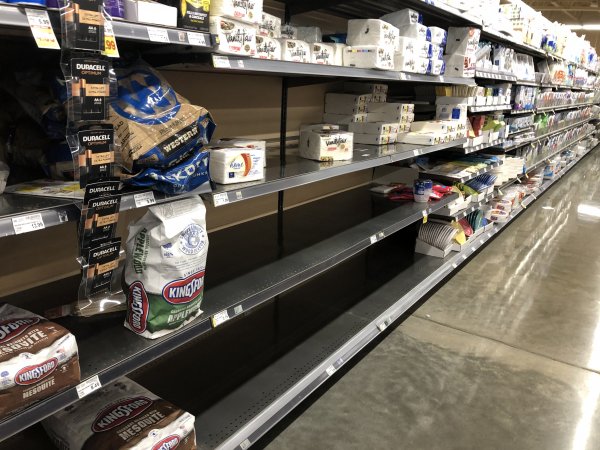
One of the problems of having nothing to do except work from home, is that you tend to eat more. Eating at home means ordering fast food. Many restaurants and fast food establishments that didn’t have drive-thrus or delivery services now can’t survive without either. Drive-thrus and delivery services are essential. Fast food is traditionally unhealthy. Health clubs have closed. Some of the more expensive ones have re-opened with restrictions. Many people, like me, have just gone out and purchased treadmills for their homes to help fight the excess weight problems.
Americans were already obese before we found ourselves eating as the only form of entertainment.
Maybe that’s one reason why TikTok has taken off as a popular social media. Isn’t that ironic. The COVID-19 virus began in China at Wuhan, and TikTok is a Chinese creation. Paranoia reigns.
The week that the Pandemic was officially declared on March 12, 2020 sparked a fear that kept most people at home. Government offices were vacated. Everyone worked from home. It was shelter-in-Place, a strange and frightening word. The 2011 fictional movie “Contagion” had become the mirror of a new reality. Streets were empty, Literally no cars. The skies were as empty as they were when terrorists attacked the World Trade Center and Pentagon on Sept. 11, 2001. People stayed in their homes, and were told not to come to work or go outside.
The Friday after the pandemic was declared, we drove to our son’s college to bring him home. College for his sophomore year consistent of distant online learning and classes, no in-person friends, and a lot of social media and Zoom face timing.
It was like the end of the world. An evacuation. Hoarding of food. Toilet paper was the first product to almost completely disappear from shelves, followed by hand sanitizer. Canned foods soon followed. Rationing of hand sanitizer and some products became a daily routine. Face masks were difficult to get and soon the price gouging was everywhere.
Holidays, and religious services were impacted, too. No more vacations. No more Sunday Churches, Saturday Synagogues, or Friday Mosques. Maybe they will come back, but many people will still fear the infection.
Even getting the mail was a problem. The postal service was already falling apart as email and online communications started to undermine their profits. But now, people would grab their mail from the mail boxes, bring it into their homes and then scrub their hands clean.
No one is sure when it will end. Only 10 percent of the 328 million people in American have been vaccinated. The delays cross political boundaries, caused by Republicans and Democrats. No one is blameless.
But one thing for sure, many people like myself will be wearing a face mask for a long time. And the next time I am in my office and I see an Asian person wearing a face mask, I am not going to think they are being overly protective. I am going to look at them and think, they are smart.

